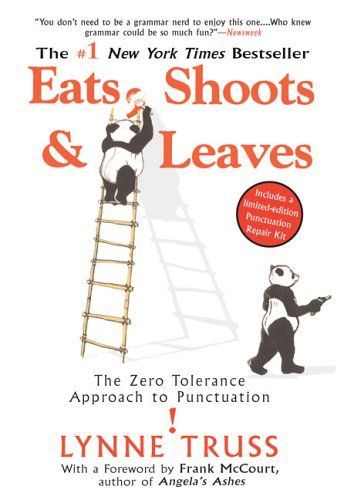
Reviews
Sarah Sammis@pussreboots
Lara Engle@bzzlarabzz
Blue@blue
Tracie McMurray@mrs_mcmurray
Shannon Arputharaj@shannonarputharaj
Sarah Escorsa@shrimpy
Sarah Escorsa@shrimpy
Trevor Berrett@mookse
Neeti Choudhari@readabookhoe
Patrick Book@patrickb
Jackie Cunningham@jackie_c
Megan Gardner@mmgardner
Taylor Murphy@tayloramurphy
Luke Harkness@lukesblog1
Andrea Mack@wisdomcheck
Oliver Magnanimous@oliverm
Jeff Borton@loakkar
Sonia Grgas@sg911911
Nicklas Persson@takete
Lindsy Rice@lindsyrice
Jennifer S@shancora
Elizabeth McInerney @mamamcinerney
Stanley Wood@stanleywood
Pierke Bosschieter@pierke